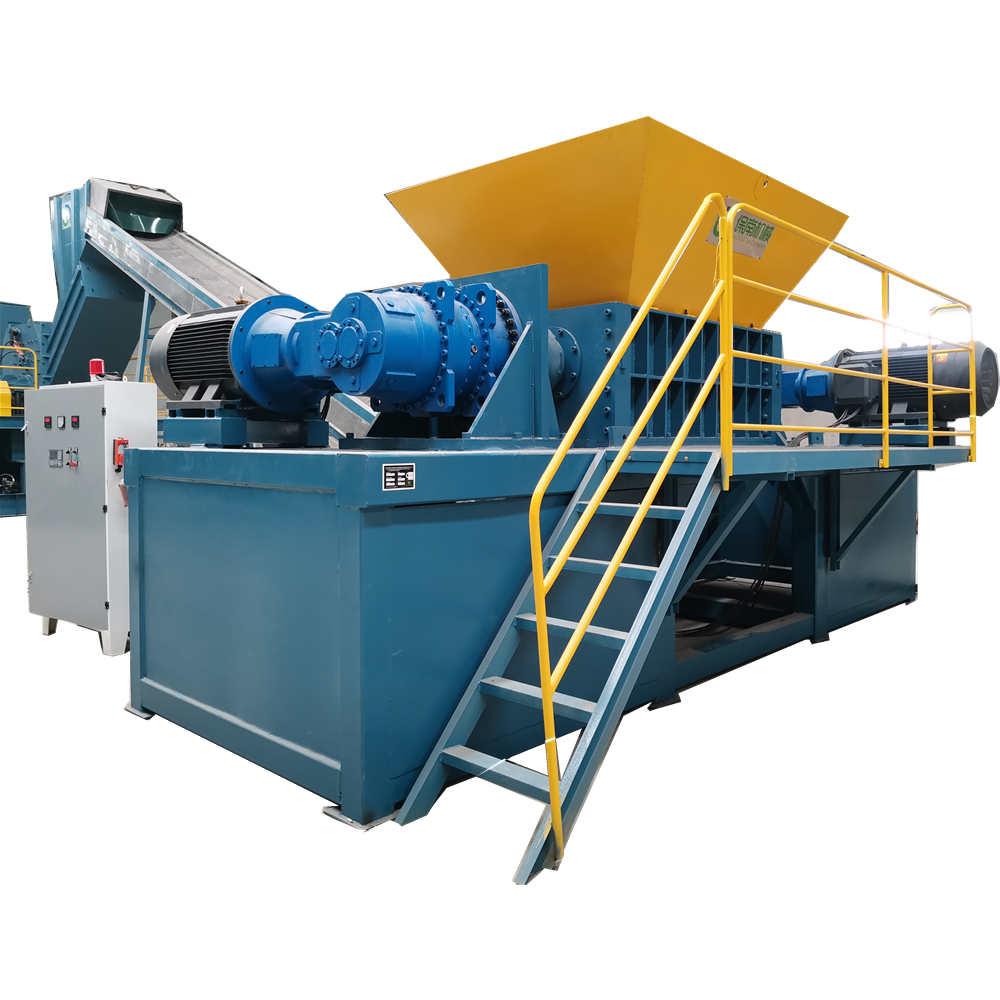

دسامبر . 04, 2024 19:07 Back to list
Eddy Current Sorter Revolutionizing Recycling and Material Separation
In recent years, the growing emphasis on sustainability and recycling has compelled industries to adopt advanced technologies for efficient material separation. One such innovative solution is the Eddy Current Sorter (ECS), a sophisticated machine used primarily in the recycling sector to separate non-ferrous metals from other materials. This technology not only enhances the recycling process but also significantly contributes to reducing waste and promoting environmentally friendly practices.
The principle of operation for an Eddy Current Sorter is based on electromagnetic induction, first described by physicist Michael Faraday in the 19th century. When a conductor moves through a magnetic field, it generates eddy currents—circular electrical currents—within the conductor. In the context of the ECS, non-ferrous metals, such as aluminum and copper, are subjected to a rotating magnetic field produced by powerful magnets. When these metals pass through the field, they experience a repulsive force due to the induced eddy currents, which effectively propels them away from other materials on a conveyor belt.
Eddy Current Sorter Revolutionizing Recycling and Material Separation
Moreover, ECS technology is highly versatile and can be customized for various applications. It can effectively sort a broad range of materials, including cables, automotive shredder residue, and electronic waste. This flexibility allows industries to implement ECS systems in diverse settings, maximizing the recovery of valuable metals and minimizing the environmental footprint of their operations. In a world increasingly driven by data and automation, the ECS also fits well within the framework of Industry 4.0, allowing for integration with smart technologies and real-time monitoring.

Environmental benefits are another compelling argument for the adoption of Eddy Current Sorters. By efficiently separating non-ferrous metals, ECS plays a critical role in the recycling process, helping to conserve natural resources and reducing the need for mining new materials. The extraction of metals through traditional mining is not only resource-intensive but also has significant environmental impacts, including habitat destruction and pollution. By promoting the recycling of metals, ECS significantly contributes to a circular economy where materials are reused and waste is minimized.
Despite these advantages, like any technology, Eddy Current Sorters come with their own set of challenges. One challenge is the initial cost of purchasing and installing the machinery, which can be significant for smaller recycling operations. However, the long-term savings and improved efficiency generally justify the investment. Additionally, proper maintenance and calibration are essential to ensure optimal performance. Operators must be trained to understand the intricacies of the technology to maximize its potential and avoid downtime.
The adoption of ECS is also spurred by regulatory pressures and societal expectations. Governments and organizations worldwide are increasingly implementing policies aimed at reducing waste and promoting recycling. As such, industries are compelled to invest in technologies that align with sustainability goals. The ECS not only helps businesses comply with these regulations but also enhances their reputation among environmentally conscious consumers.
In conclusion, the Eddy Current Sorter represents a significant advancement in the field of material separation, particularly in the recycling industry. Its ability to efficiently and effectively sort non-ferrous metals plays a critical role in promoting sustainability and enhancing recycling efforts. While there are challenges associated with its implementation and operation, the benefits far outweigh the drawbacks. As societies continue to grapple with waste management and environmental issues, the ECS stands out as a powerful tool that can help us transition to a more sustainable future. Embracing such technologies is not merely an option but a necessity for industries aiming to thrive in an increasingly eco-conscious world. Through innovation and commitment to sustainability, we can ensure that precious resources are preserved for generations to come.
Latest news
Troubleshooting Common Eddy Separator Problems
NewsJul.04,2025
The Role of Metal Recycling Plants in Circular Economy
NewsJul.04,2025
The Impact of Recycling Line Pickers on Waste Management Costs
NewsJul.04,2025
Safety Features Every Metal Shredder Should Have
NewsJul.04,2025
How Industrial Shredders Improve Waste Management Systems
NewsJul.04,2025
How Cable Granulators Contribute to Sustainable Recycling
NewsJul.04,2025